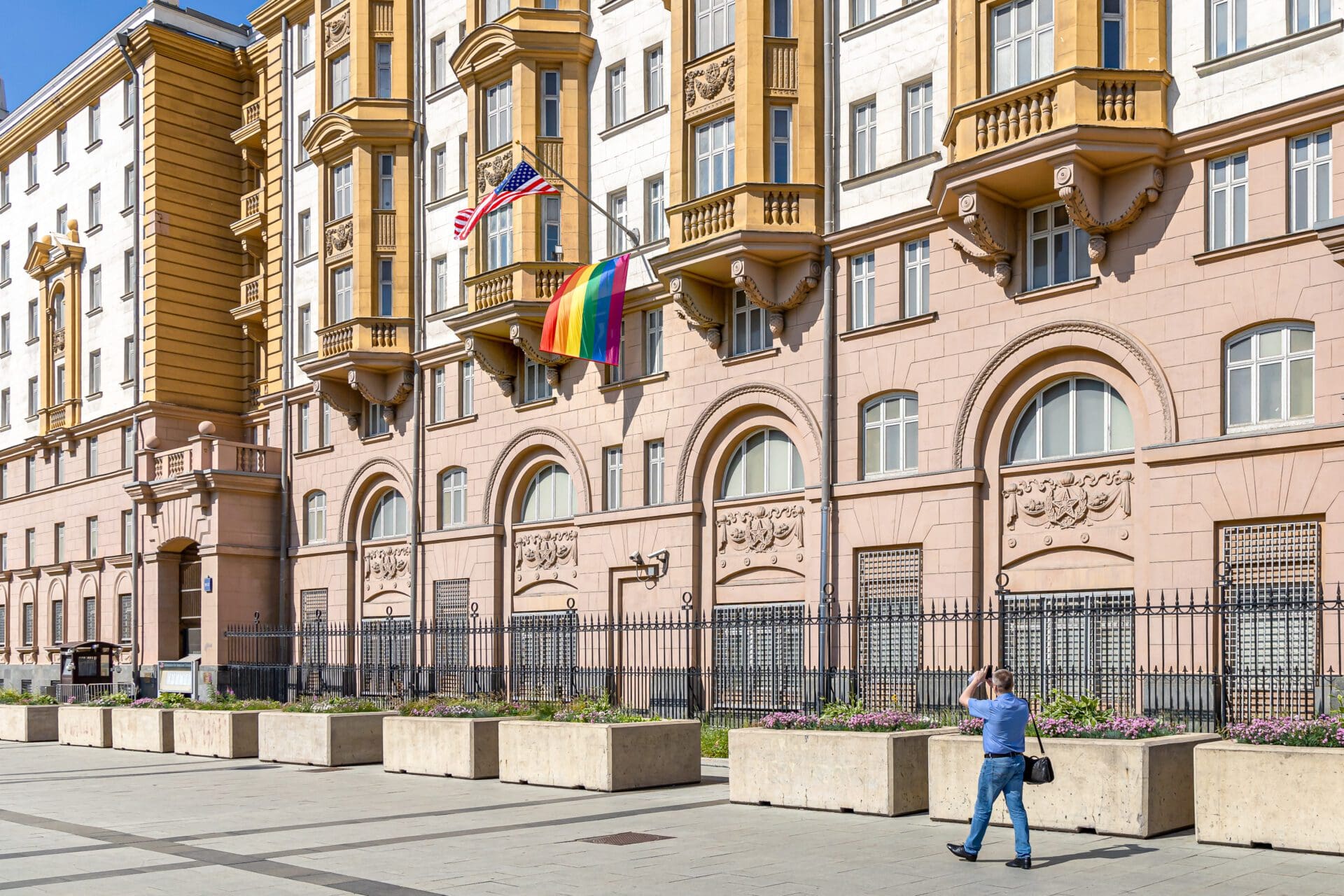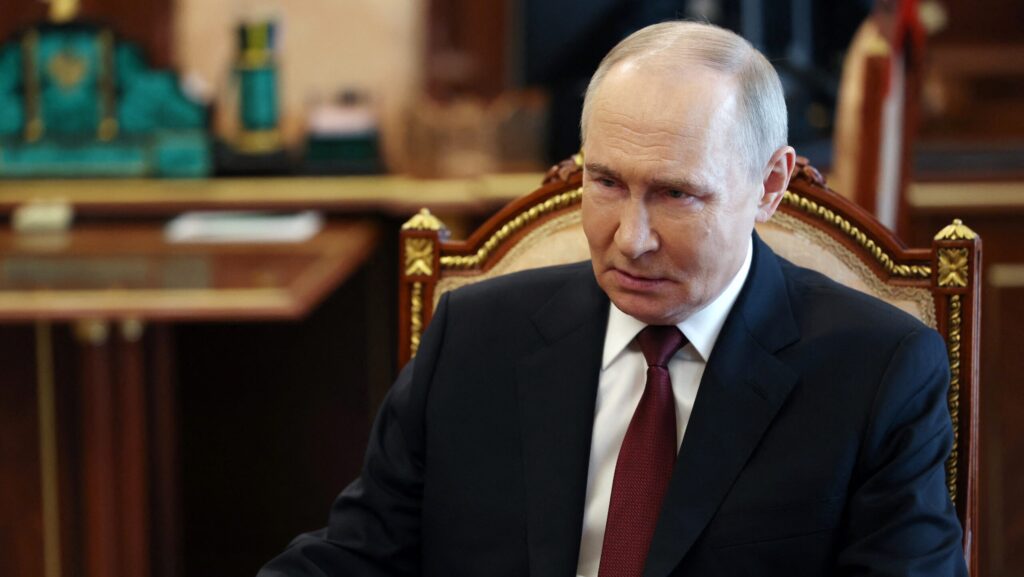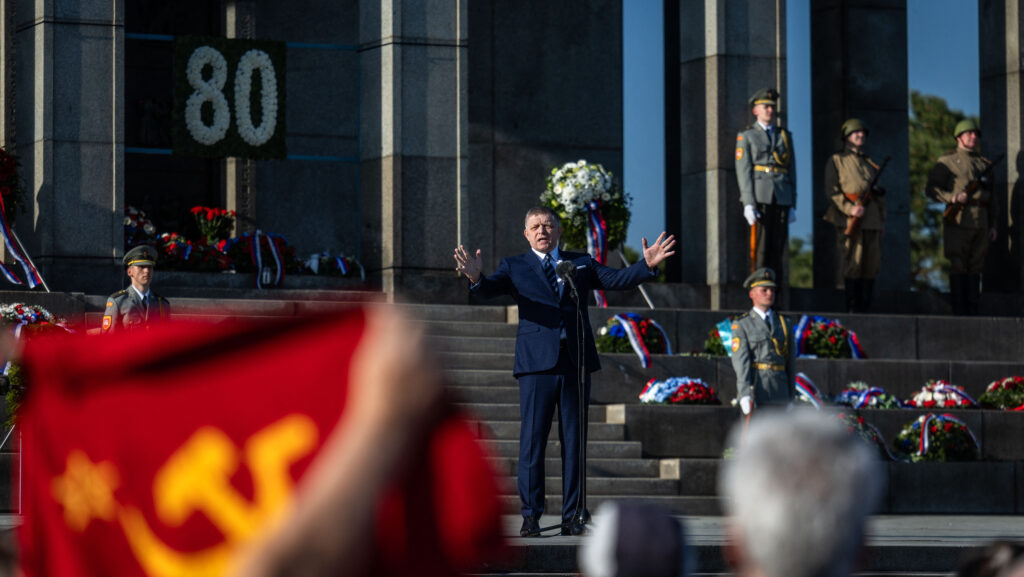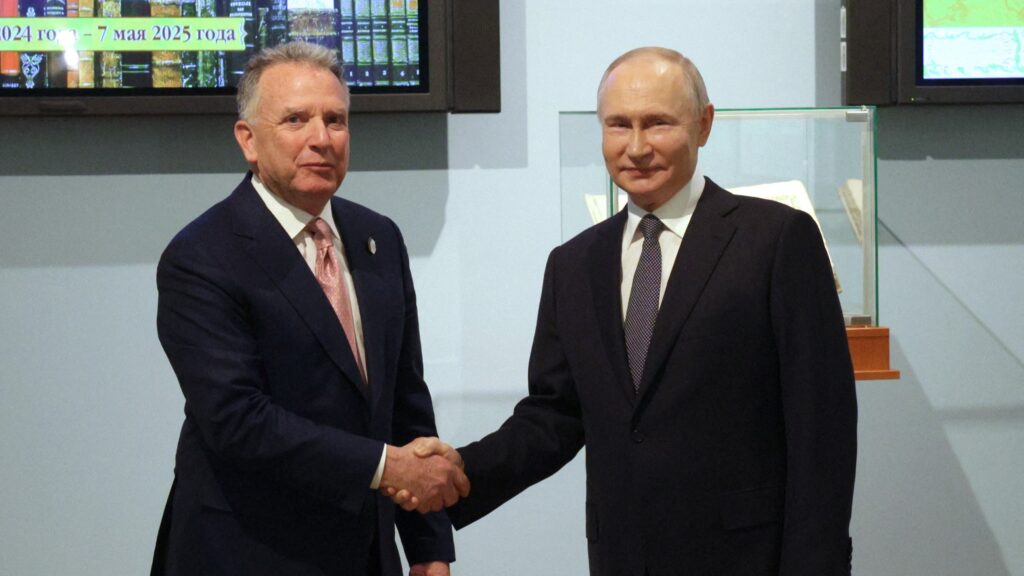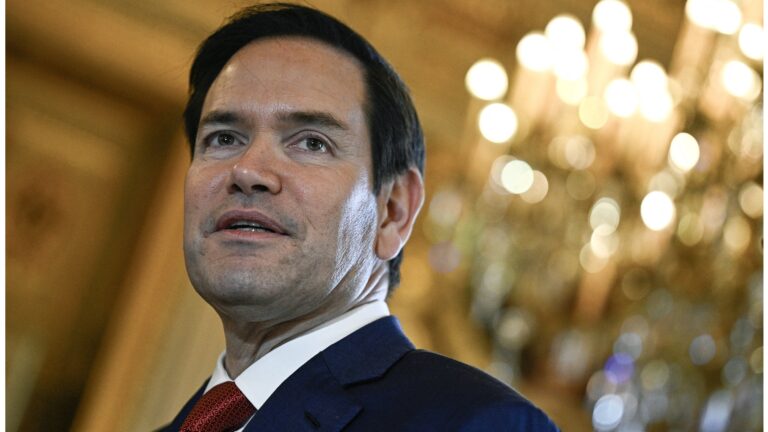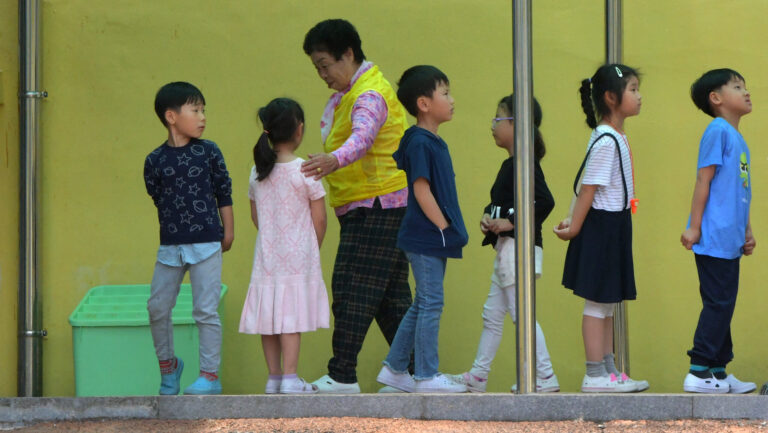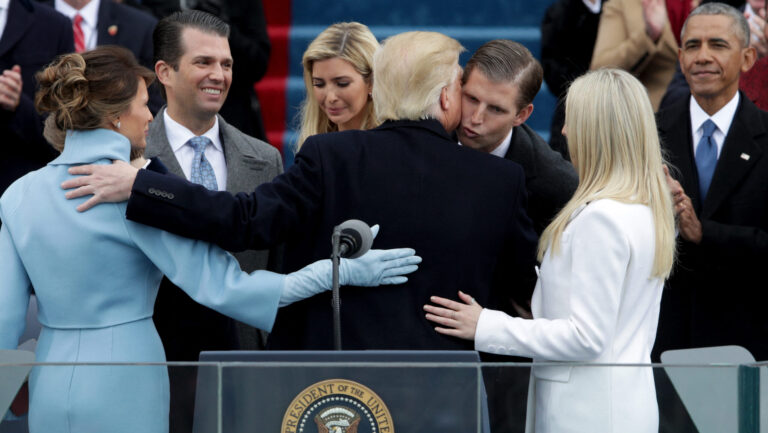In the five days before the new Russian legislation banning all forms of LGBTQ+ propaganda entered into force, a small exhibition dedicated to transgenderism in the history of humankind opened in Saint Petersburg. According to the official Russian communication, the ban was put on ’LGBT, paedophile and transgender propaganda’. Western critics highlight, however, that the legislation prohibits the spread of any information about various ’non-traditional’ sexual orientations and gender identities to all age groups (adult or minor) online, in advertisements, films or in public. The blanket ban also extends to the promotion of gender reassignment or same sex relationships. The fine for spreading ‘LGBTQ+ propaganda’ can be up to 5 million RUB or 68.5 thousand EUR while foreigners who violate the law can be detained and deported from the Federation. The legislation passed this week is an extension of a law adopted in 2013 which prohibited discussing or promoting ‘non-traditional sexual orientation’ or gender reassignment among minors—now information about LGBTQ+ topics (that presents these groups in a neutral or positive light) cannot even reach adults.
The legislation that was accepted unanimously on the third reading was explicitly presented as a response to US Secretary of State Antony Blinken who earlier criticized the bill and Russia’s treatment of sexual minorities. During the parliamentary session when the ban was passed State Duma Speaker Vyacheslav Volodin highlighted that through comments such as Blinken’s the US wants to impose alien values on Russia. The legislation prohibiting the promotion of such ‘alien values’ was passed as a ‘best answer to Blinken’.
Predictably, when the legislation was approved, Russia received even more severe criticism from the Western world
for its repression of the LGBTQ community as well as free speech. As a reaction to the Western criticism, several Moscow diplomats lashed out against the critics, accusing them of interfering in Russia’s domestic affairs. The Russian embassy in Canada, for instance, called out the Canadian Sports Minister, Pascale St-Onge for criticising the legislation. In response, the foreign minister of Canada ordered her ambassador to summon the Russian ambassador in Ottawa to protest at his ‘hateful comments’ against the openly lesbian minister.
Western analysts also believe that the renewed controversy around ‘non-traditional sexual orientations’ in Russia was rekindled by Russia’ war rhetoric that criticized the West, and Ukraine that has ‘fallen victim’ to the ‘collective West’, for its sins. Recently, Putin accused Europe of moving towards ‘Satanism’ as it promotes gay and transgender rights. Kirill, the Patriarch of the Russian Orthodox Church also attempted to explain the invasion of Ukraine arguing that it happened due to the gay parades in the country and therefore, the military operation has a ‘metaphysical’ significance in the battle against the sinful Western world.
Russian society has a rather ambiguous relationship with the LGBTQ community.
When in 2020 the Eurovision song festival star, Manizha came out as a supporter of Russia’s pride parade, she lost over 10,000 followers on Instagram. Her support for LGBTQ groups led to a wave of spontaneous online criticism. A survey has found that only 63 per cent of young Russian people know what ‘LGBT’ stands for, 13 per cent of these young trust people with ‘non-traditional sexual orientation’, 68 per cent have a neutral stance towards the LGBT community, while 17 per cent of young people are ‘irritated’ by them.
While as of now one can only guess what the exact outcome and implementation of the 2022 legislation is going to be, what is already clear is that the 2013 legislation was quite thorough in prohibiting young people’s access to material containing LGBT topics and was also used as an excuse to prosecute LGBT activists. For instance, books—that may be familiar to our readers—such as the Madness of Crowds by Douglas Murray or the Cynical Theories by Helen Pluckrose and James Lindsay were sold under an 18+ sign—when purchasing the book, buyers had to show their passport proving that they are over 18 years of age. While the above-mentioned books are critical of gender ideology, but they do not disavow homosexuality, now, under the new legislation, they might have to be removed from Russian bookstores.

